5 ways to improve visibility in your project
Project visibility is a vital ingredient in the successful management of every project. In an organisation where projects regularly intertwine and interweave, the health of a project can quickly deteriorate as soon it fails to receive the organisational exposure it needs. A project and that’s no longer visible will not be able to run efficiently or successfully, wasting the time, money and resources it has received. Our Case Study for The Open University explains how using Hydra they were able to put their projects at their heart of everything they do and work from 'one source of the truth'.To keep a project on the straight and narrow, there needs to be visibility throughout the project’s lifecycle. Failing to maintain focus on every aspect of the project economy and you will be faced with a number of key challenges you’ll be forced to overcome.
1. Resources
In most organisations, resources are allocated to different projects for a certain amount of time. The difficulty is that many PMs do not have visibility of the skill sets or attributes of each resource, which often leads to miscommunication and delays.
Resource coordinators can act as middle men to communicate between project and office managers, but this can be time consuming and make even simple allocations take days. Many project managers also lack long-term visibility of allocations on their projects, leading to resources being pulled-off their projects for higher priority assignments.
Data visibility is also important so you know exactly where each and every stage of your project stands at all times.
In contrast, true resource visibility can lead to the best resources being allocated depending on their skills, cost and availability. The result is the earliest finish and the most cost effective delivery.
2. The project portfolio
In the context of the overall management of a project portfolio, visibility facilitates the executive decision making process by providing up to date information and a realistic perspective of the projects being completed by an organisation.
Without this visibility, decisions about the projects that should be continued and which no longer support a company’s strategy become impossible to make. The result is that projects are not discontinued and time and resources continue to go to waste.
3. Resource workload
The under- and over-utilisation of resources is one of the key challenges organisations face as soon as they lose visibility of this part of the project economy. In many cases, bottlenecks in projects can be caused when highly skilled resources are in demand and there’s a limited resource pool. Equally, some resources can be lost in the ‘white space’ that exists between project assignments.
4. Risk/issues
Complete project visibility allows project managers to identify potential issues early and priorities the risks in their projects. As soon as that visibility is lost, cost overruns, missed deadlines and a failure to meet business requirements are all frequent events. In fact, despite widespread awareness of the need to carefully manage risks and increasingly supportive technology, many organisations still accept missed deadlines and cost overruns as the norm.
5. Project progress and customer dependencies
Having visibility of how project tasks link together and how they are impacted by customer dependencies allows you to create a cost effective and seamless project schedule. As soon as you lose sight of customer dependencies, the progress of the project will stall. Project progress reports will have a direct impact on visibility on help to keep the project progressing as planned.
Case Study
Learn how The Open University optimised its course-creation and management, increasing visibility and control across their portfolio. Download a pdf of the case study here.
One last thing...
If you enjoyed this article and would like to be kept up to date, Hydra publish a quarterly Digital Watercooler of news and blogs about the changing landscape of project management and service delivery, and we'd love to share it with you.

